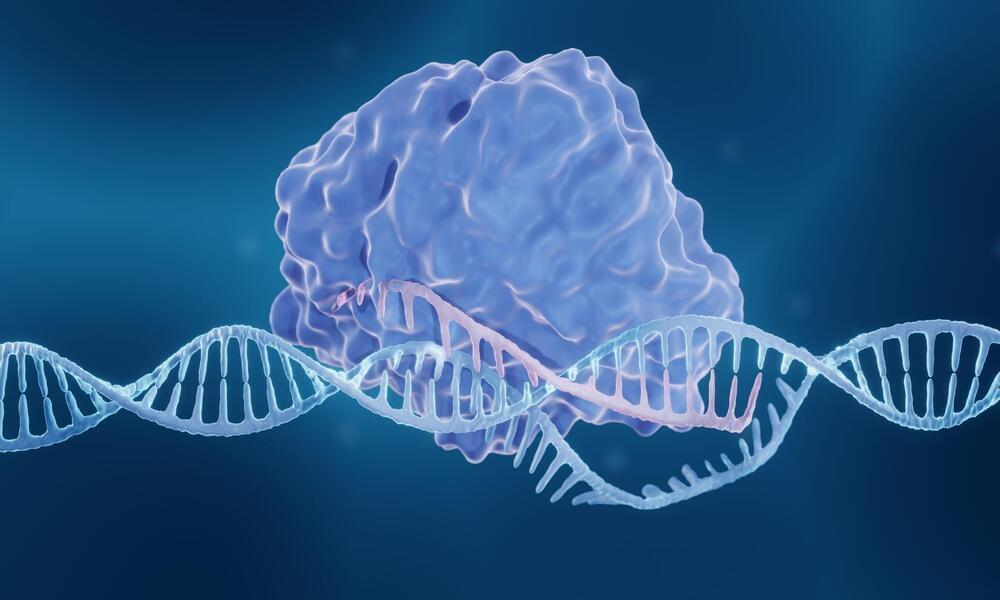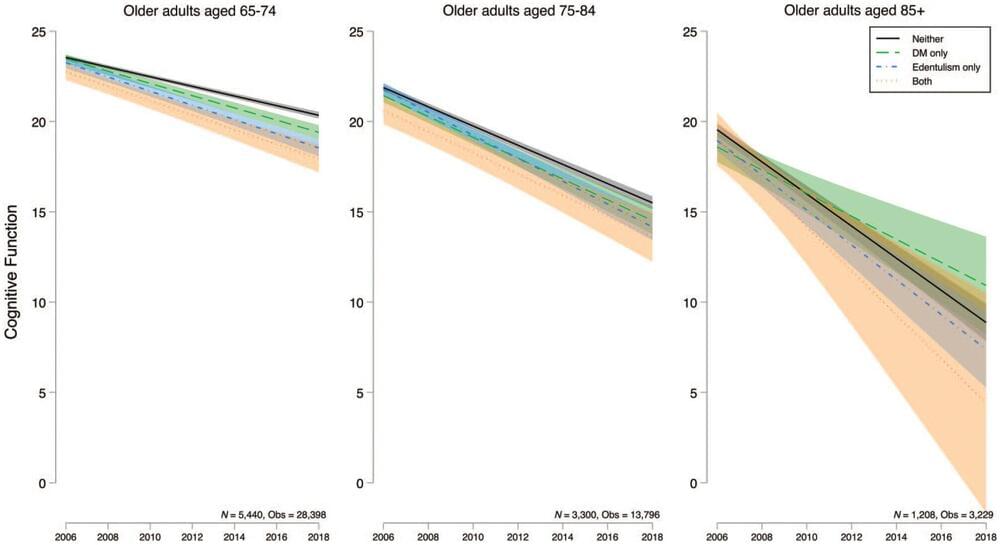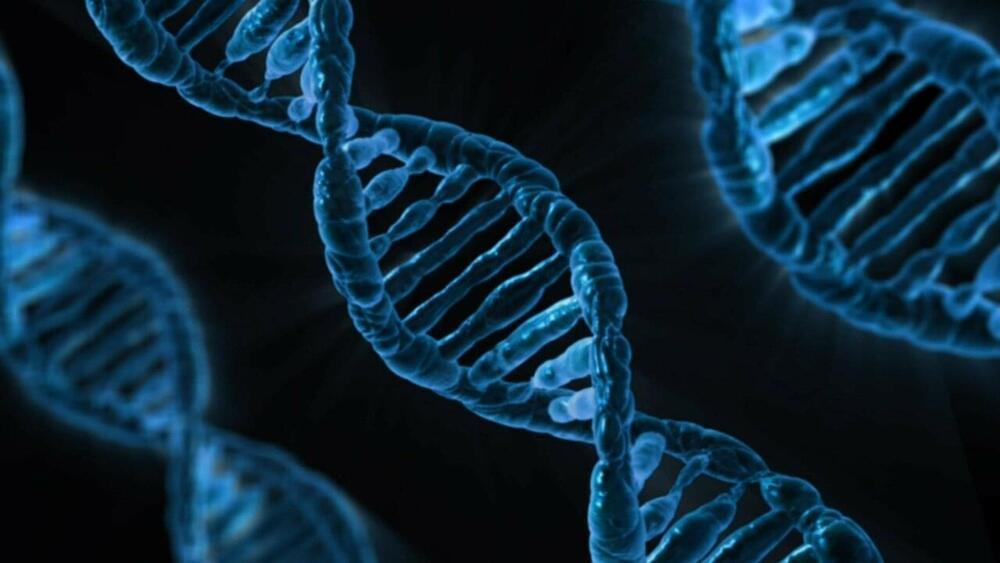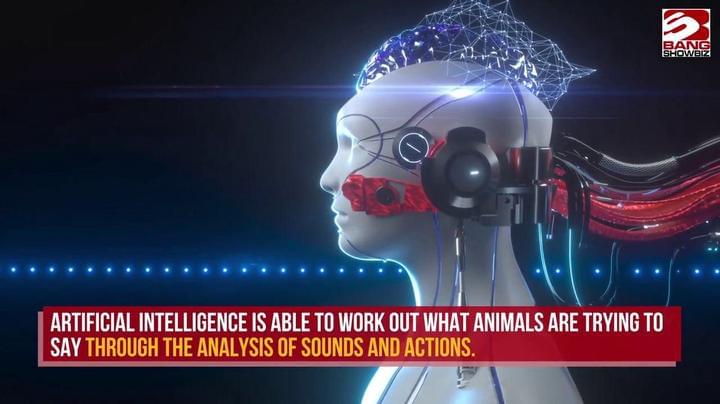Pensions behave as government mandated ponzi schemes. New contributors are needed to pay for past contributors. But what if there are less and less new contributors and contributions? And what if past generations live longer and longer lives?
Limited time: get 5 free stocks when you sign up to moomoo and deposit $100 and 15 free stocks when you deposit $1,000. Use link https://j.moomoo.com/00iPZo.
France is facing massive protests in response to its recently announced pension reform. While France is the only country facing massive protests for now, almost all developed countries will likely be forced to conduct similar pension reforms in the future as they face rapidly aging populations.
0:00 — 1:50 Intro.
1:51 — 5:03 French pension system.
5:04 — 7:15 The Ponzi scheme.
7:16 — 9:42 Pension crisis.
9:43 — 11:20 Demographic time bomb.
11:21 A warning to us all.
Email us: [email protected].







